Disrespectful Employees? 10 Tips That Benefit Everyone
Disrespectful employees, an uncomfortable but unfortunately quite common topic in the workplace.
This issue isn’t merely a black and white matter—it’s nuanced, layered, and requires thoughtful attention.
We’ll explore what it means to be a disrespectful employee, the signs to watch out for, and how to address this challenging behaviour effectively.
Stay tuned for tips that will help enhance your workplace’s harmony and productivity while also reinforcing the value of respect.
Contents
What is a Disrespectful Employee?
Signs of A Disrespectful Employee
10 Methods to Handle Disrespectful Employees
What is Disrespectful Behaviour in the Workplace?
How to Prevent Disrespectful Behaviour in the Workplace?
Documenting Disrespectful Behaviour
How do Disrespectful Employees Impact the Workplace
Disciplinary Action for Disrespectful Employees

What is a Disrespectful Employee?
A disrespectful employee is someone who consistently exhibits behaviour that violates workplace norms of respect and courtesy.
They may belittle others, refuse to cooperate, ignore policies, or display a disregard for the feelings, rights, or efforts of their colleagues.
This behaviour can be explicit, such as using derogatory language, or more subtle, like continual tardiness or failure to acknowledge team contributions.
Disrespectful behaviour can stem from various sources.
These can include personal issues, stress, dissatisfaction, or even a lack of awareness about proper workplace etiquette.
However, irrespective of the reason, it’s detrimental to the work environment and needs addressing.
It’s important to note that anyone can have a bad day or moment, but when such actions become the norm rather than the exception, that’s when an employee might be labelled as disrespectful.

Signs of A Disrespectful Employee
Recognising a disrespectful employee often depends on observing patterns in their behaviour.
Some signs might be glaringly obvious, while others might require more scrutiny.
Persistent Negative Attitude
This could be continuous criticism of others’ work, consistent negativity about the company, or a generally sour disposition that dampens the team’s morale.
Lack of Cooperation
A disrespectful employee often fails to collaborate effectively with others, either by refusing to work on team projects or consistently failing to meet deadlines, which puts additional strain on their colleagues.
Disregard for Others’ Time
Disrespectful employees frequently arrive late to meetings or miss them entirely without notice, don’t meet project deadlines, or take longer breaks than allowed.
This lack of punctuality and accountability demonstrates a lack of respect for others’ time.
Ignoring Workplace Norms
These individuals often disregard established office norms and policies, whether it’s dress codes, proper use of shared spaces, or adhering to communication protocols.
This non-compliance can create chaos and confusion in the workspace.
Inappropriate Language or Behaviour
Disrespectful employees might use offensive, rude, or disparaging language.
They might also engage in behaviours that are inappropriate or offensive, such as spreading rumours, making offensive jokes, or sending disrespectful emails.
Bullying or Intimidation
Bullying can take many forms, from physical intimidation to more subtle psychological or emotional bullying.
Disrespectful employees may try to dominate or intimidate their colleagues, creating a toxic environment.
Identifying these signs early can help address the issue before it escalates and deeply impacts the workplace environment and productivity.

10 Methods to Handle Disrespectful Employees
Applying these 10 methods appropriately will help you to effectively manage and deal with employees that are showing levels of disrespect.
1. Open Communication
The first step towards addressing disrespectful behaviour is through open and honest communication.
Have a private, one-on-one discussion with the individual in question, focusing on their actions and the impact they’re having on the team, rather than personal attributes.
Make sure to provide clear examples of the unacceptable behaviour and explain why it’s not conducive to a positive working environment.
It’s crucial to listen to their side of the story as well—sometimes, a simple misunderstanding or personal issues could be the underlying cause.
2. Encourage Self-awareness
Many disrespectful employees are not fully aware of the negative impact their behaviour has on others.
Encourage self-awareness by helping them understand how their actions affect their colleagues.
This could involve providing feedback from peers or discussing the consequences of their behaviour in a broader team context.
A heightened sense of self-awareness can often prompt individuals to reflect on their behaviour and make necessary changes.
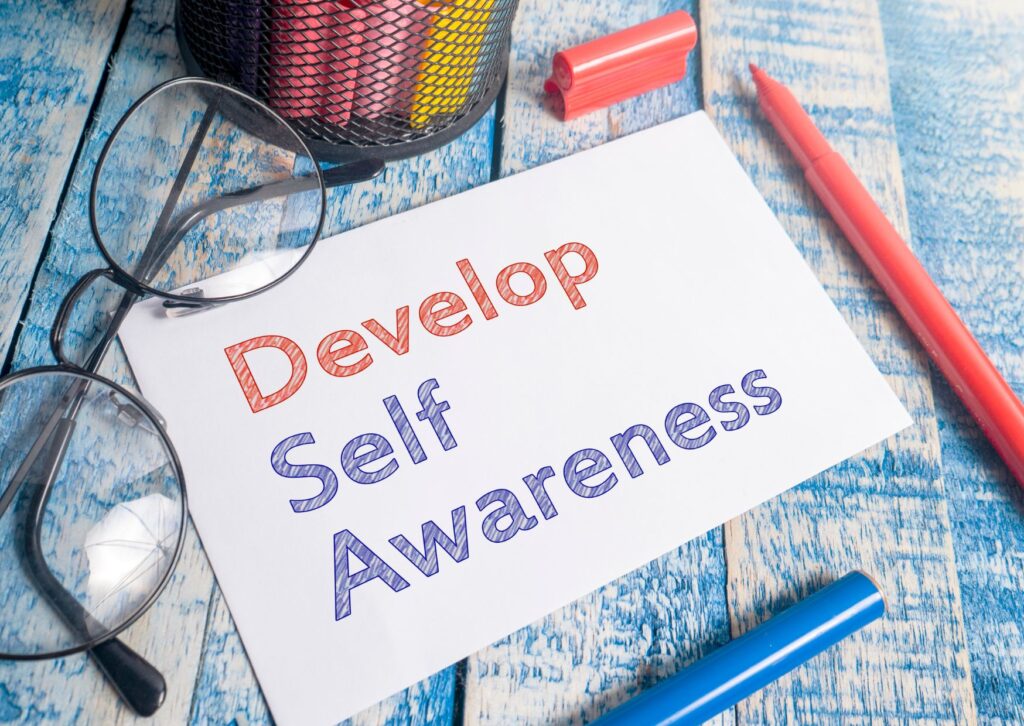
3. Involve HR or Higher Management
Sometimes, a situation may call for involvement from HR or higher management.
They can provide a neutral perspective and have the authority to enforce consequences for continued disrespectful behaviour.
If an employee continues to display disrespectful behaviour after initial interventions, it’s crucial to escalate the situation to ensure it’s properly handled.
4. Implement Training Programs
Workplace behaviour can significantly benefit from organised training programs that highlight the importance of respect, empathy, and effective communication.
These programs can educate employees about acceptable workplace behaviour, conflict resolution, and the benefits of a harmonious work environment.
This step can help not just the disrespectful employee, but the entire organisation by establishing a benchmark for acceptable behaviour.
Happy employees are also more respectful. Organising employee wellbeing workshops can help to support the happiness, health and wellbeing of employees.
5. Foster a Culture of Respect
Work towards fostering an organisational culture that values respect, kindness, and cooperation.
This could involve activities that promote team building, inclusion, and mutual respect, such as team outings, appreciation events, or collaborative projects.
Reinforcing these values consistently can encourage employees to treat each other with dignity and respect, and discourage disrespectful behaviour.
Remember, culture change doesn’t happen overnight.
It requires consistent reinforcement and leadership support.
Be patient, and keep emphasizing the values you want your employees to embody.
6. Involve HR or Higher Management
Sometimes, a situation may need involvement from HR or senior management.
They can provide a neutral perspective and have the authority to enforce consequences for continued disrespectful behaviour.
If an employee continues to display disrespectful behaviour after initial interventions, it’s crucial to escalate the situation to ensure it’s properly handled.
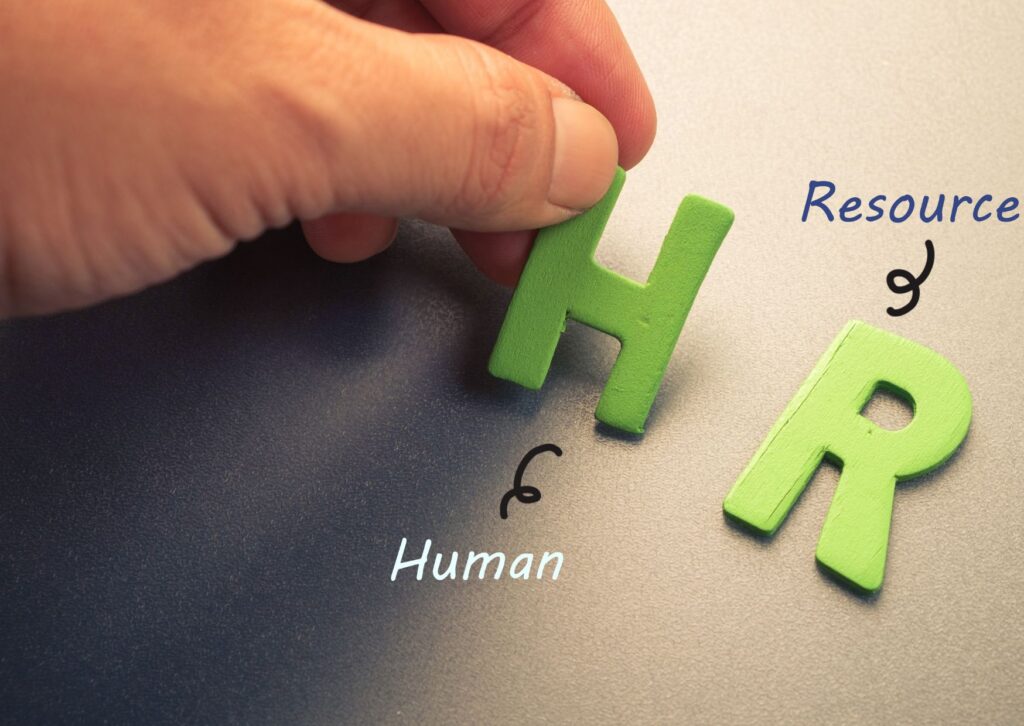
7. Establish Clear Expectations and Consequences
Often, employees are not entirely aware of what is expected of them in terms of behaviour.
Clearly outline what constitutes respectful and disrespectful behaviour in your workplace.
Ensure these expectations are communicated to all employees, and everyone understands the consequences of violating them.
This clarity can deter disrespectful behaviour as employees become aware of the repercussions they may face for such actions.
8. Provide Constructive Feedback
Feedback is an essential tool for improvement.
Instead of focusing solely on the negative aspects of the employee’s behaviour, provide constructive feedback that can help them understand their weaknesses and learn how they can improve.
Encourage their strengths and positive attributes, and show them how they can leverage these to develop better interpersonal skills.
This process can help employees feel valued and motivated to make positive changes.
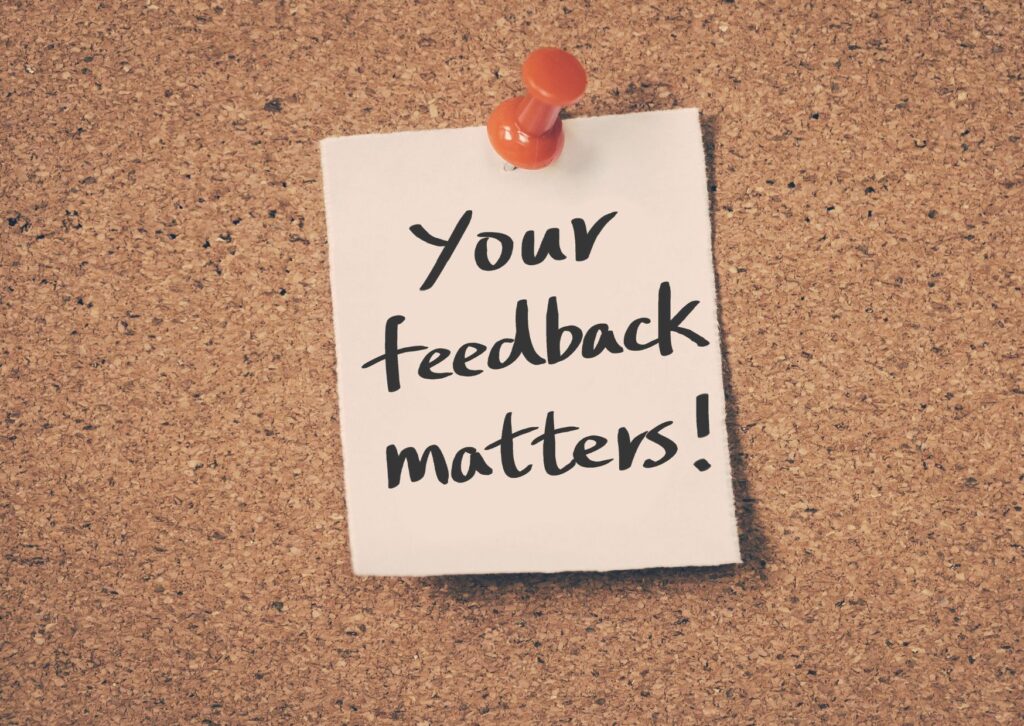
9. Encourage Peer-to-Peer Feedback
Promote a culture of peer-to-peer feedback.
Sometimes, hearing about the impact of their behaviour from colleagues can have a stronger effect on an employee than hearing it from their superiors.
It’s essential, however, to ensure that this feedback is delivered in a respectful, constructive manner to prevent further conflicts.
Facilitate sessions or use feedback tools that help to keep this process structured and positive.
10. Termination as a Last Resort
If all efforts to correct the behaviour fail, and the employee continues to be disruptive and disrespectful, termination may be the only option left.
It’s a tough decision, but a necessary one at times, for the overall health and productivity of the team.
A consistent pattern of disrespect can harm the team’s morale, and keeping such an employee could send the wrong message to other employees, that disrespectful behaviour is tolerated.
Always follow the proper procedure and consult HR before deciding on termination.
Remember, handling disrespectful behaviour is a delicate process.
It requires patience, tact, and, at times, tough decisions. But it’s all for the betterment of your team and your organisation.

What is Disrespectful Behaviour in the Workplace?
Disrespectful behaviour in the workplace refers to actions that violate the standards of mutual respect and dignity expected in a professional setting.
This behaviour can manifest in several ways, undermining the harmony and productivity of the work environment.
Examples of disrespectful behaviour include:
Verbal Abuse
This can include yelling, swearing, sarcasm, or the use of offensive and derogatory language towards colleagues.
Non-verbal Actions
Disrespect can also be communicated through non-verbal cues like eye-rolling, ignoring someone while they’re speaking, or giving dismissive gestures.
Harassment or Bullying
This could take the form of personal attacks, offensive jokes, spreading rumours, or making inappropriate comments about someone’s appearance, background, or personal life.
Ignoring Policies or Rules
Disregarding office protocols or norms, such as consistently being late or violating dress codes, is seen as a form of disrespect.
It demonstrates a lack of consideration for the organisation and fellow employees, particularly when this behaviour leads to missed deadlines.
Undermining Work
Constantly criticising others’ work, overstepping boundaries, or taking credit for others’ achievements are all disrespectful behaviours that can severely impact team morale and cooperation.
Recognising and addressing disrespectful behaviour is vital for maintaining a positive, productive, and inclusive work environment.

How to Prevent Disrespectful Behaviour in the Workplace?
Preventing disrespectful behaviour in the workplace begins with cultivating a respectful and inclusive culture.
Here are some strategies:
Set Clear Expectations
Clearly communicate what constitutes respectful and disrespectful behaviour.
Make sure these expectations are outlined in the company handbook, discussed in meetings, and reinforced regularly.
Lead by Example
Managers and leaders should model the behaviour they expect from their team.
When leaders exhibit respect and professionalism, employees are more likely to follow suit.
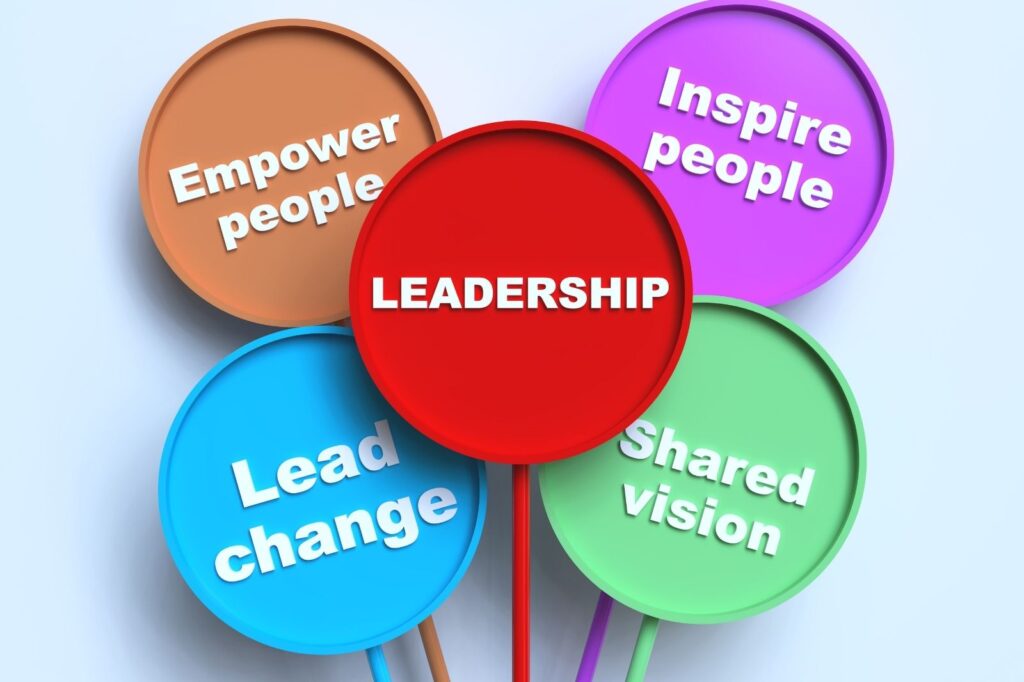
Establish a Strong HR Policy
Your HR policy should have a robust section that addresses workplace disrespect.
It should detail the steps that will be taken when an employee acts disrespectfully, ensuring everyone understands the consequences of such behaviour.
Provide Regular Training
Arrange workshops and training sessions focused on respect, empathy, and effective communication.
Such programs can help employees understand the importance of respect in the workplace and equip them with the necessary skills to maintain it.
Encourage Open Communication
Create a work environment where employees feel safe expressing their thoughts, ideas, and concerns.
Encouraging open dialogue can help prevent misunderstandings that may lead to disrespectful behaviour.
Promote Diversity and Inclusion
Ensure your workplace values diversity and inclusion.
When employees feel valued and included, they are less likely to engage in disrespectful behaviour.
Remember, a respectful workplace is everyone’s responsibility, not just the managers’ or HR’s.
Each employee has a role to play in maintaining respect and decency in their interactions with colleagues.
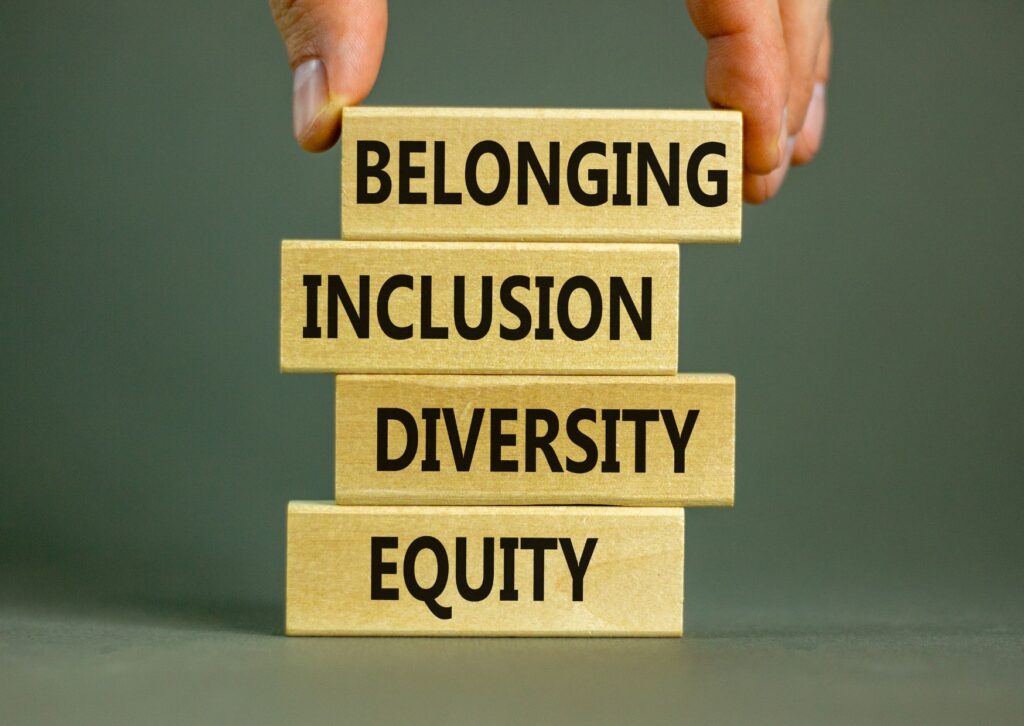
Documenting Disrespectful Behaviour
Documenting disrespectful behaviour in the workplace is a crucial step in addressing and preventing such issues.
Here’s how you can do it effectively:
Record the Incident
As soon as a disrespectful incident occurs, write it down.
The record should include the date, time, and location of the incident, the people involved, what exactly happened, and any immediate actions taken.
If the disrespectful behaviour is ongoing, maintain a log of each incident.
Be Objective
Stick to the facts.
Avoid opinions, speculations, or personal feelings.
Describe the incident as accurately and neutrally as you can.
Include Evidence
If there’s any physical or digital evidence like emails, text messages, or CCTV footage, attach it to your documentation.
This can lend weight to your record and provide a clearer picture of the incident.
Witness Statements
If there were witnesses to the incident, include their statements in your documentation.
Ensure that their accounts are also factual and unbiased.
Action Taken
Document any steps you’ve taken to address the behaviour.
This could be a verbal warning, a formal meeting, a written warning, etc.
Keep a record of these interactions and any follow-up actions.
Proper documentation not only helps when addressing the issue with the individual involved but also provides a record if further actions like mediation, disciplinary measures, or even legal action become necessary.
It also signals to all employees that disrespectful behaviour is taken seriously and dealt with appropriately.
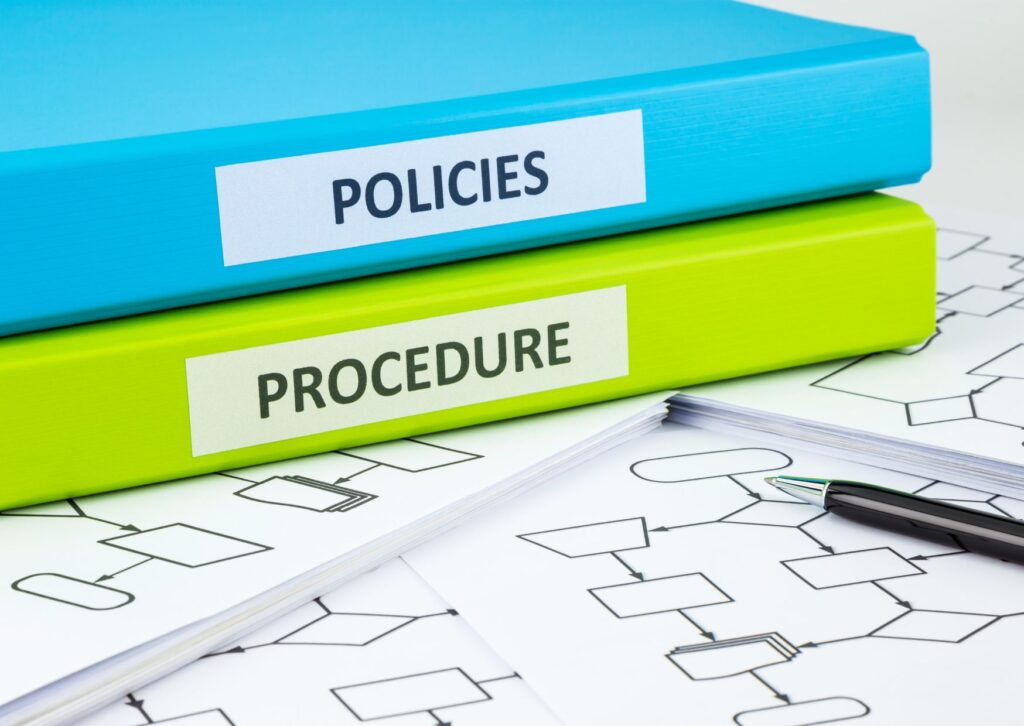
How do Disrespectful Employees Impact the Workplace
Disrespectful employees can have a profound and often detrimental impact on the workplace.
Here’s how:
Damaging Morale
Disrespectful behaviour can significantly lower team morale.
Employees may feel undervalued, unappreciated, or even threatened, leading to a decline in their enthusiasm and productivity.
Reducing Productivity
A hostile work environment caused by disrespect can hinder employees’ ability to concentrate on their work, leading to decreased productivity.
Increasing Turnover
If disrespectful behaviour is not addressed, employees may choose to leave the company to find a more positive work environment.
This leads to high turnover rates and the associated costs of recruiting and training new employees.
Impacting Mental Health
Continued exposure to disrespectful behaviour can lead to stress, anxiety, and burnout, adversely affecting employees’ mental health.
Harming Reputation
If the organisation gains a reputation for tolerating disrespectful behaviour, it can become challenging to attract and retain talented employees.
It may also deter clients, customers, or partners who value a respectful business environment.
Addressing and preventing disrespectful behaviour is not just a matter of maintaining a positive work environment, it’s also a matter of protecting the organisation’s productivity, reputation, and the mental well-being of its employees.
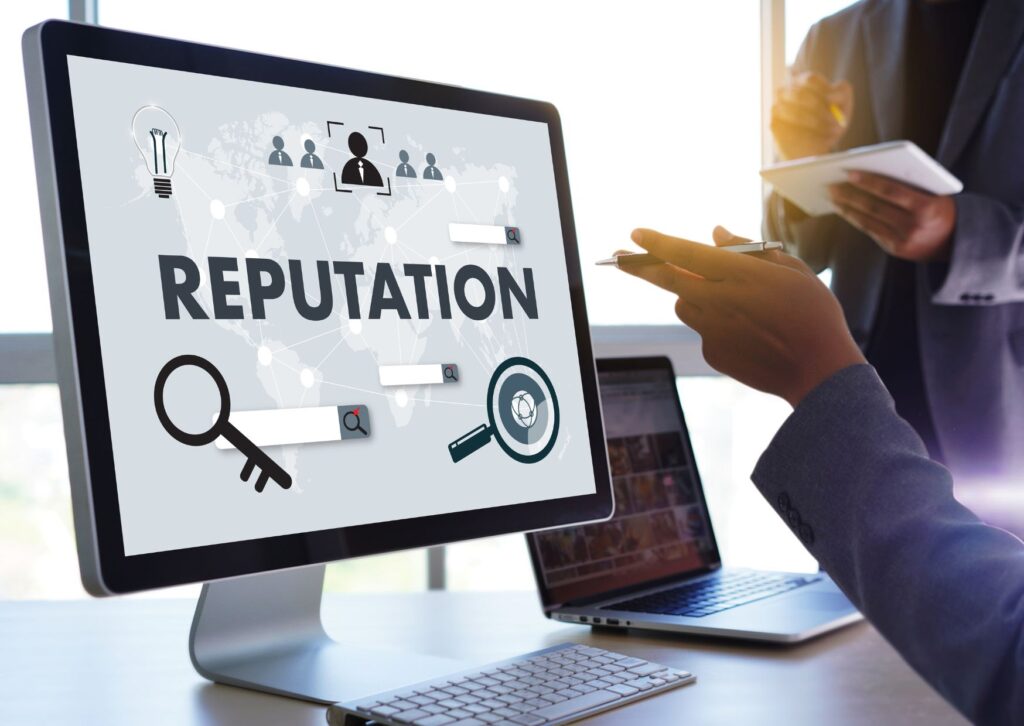
Disciplinary Action for Disrespectful Employees
Disciplinary action is often necessary when dealing with disrespectful employees.
However, these actions should be proportionate to the severity of the misconduct and consistent with the company’s policies.
Here are some steps that can be taken:
Verbal Warning
As a first step, the manager or supervisor should have a private conversation with the employee about their disrespectful behaviour.
This is a chance to discuss the issue, remind the employee of the company’s expectations, and give them an opportunity to change their behaviour.
Written Warning
If the behaviour persists, a formal written warning should be issued.
This warning should clearly describe the disrespectful behaviour, the impact it’s having, and the potential consequences if it continues.
Performance Improvement Plan
In some cases, it might be useful to implement a Performance Improvement Plan (PIP).
This plan outlines the expected behaviour changes, provides resources for the employee to improve, and specifies a timeline for reassessment.
Suspension
For severe or repeated offenses, a temporary suspension could be necessary.
This gives the employee time to reflect on their behaviour and demonstrates the seriousness of the situation.
Termination
If all else fails, and the disrespectful behaviour continues to harm the workplace environment, termination may be the final option.
This is a serious action and should be considered carefully, involving HR and potentially legal consultation to ensure it’s done appropriately.
Remember, each of these steps should be appropriately documented, and any conversations or meetings about the employee’s behaviour should be confidential.
It’s also important to treat the employee with respect throughout this process, setting an example of the behaviour expected in the workplace.

10 Quotes about Disrespect
1. “In disrespecting another, we disrespect ourselves.” – Buddha
2. “Disrespect is the symptom of disdain.” – Mohammed Ali Bapir
3. “Being disrespectful is a waste of valuable energy that could be used elsewhere.” – Elle Sommer
4. “Disrespect is a wave that erodes the shore of love.” – Susan Gale
5. “When we treat people merely as they are, they will remain as they are. When we treat them as if they were what they should be, they will become what they should be.” – Thomas S. Monson
6. “To disrespect a person is a negative action driven by a negative emotion.” – Shri Radhe Maa
7. “Before you disrespect someone, walk a mile in their shoes. Then you’ll be a mile away, and you’ll have their shoes.” – Jack Handey
8. “When a person always disrespects you, it is a form of his or her insecurities.” – De philosopher DJ Kyos
9. “The greatest gift of life is friendship, and I have received it. A disrespect for that gift is a disrespect for life itself.” – Hubert H. Humphrey
10. “One who does not respect the dust, will not find the treasure.” – Rumi
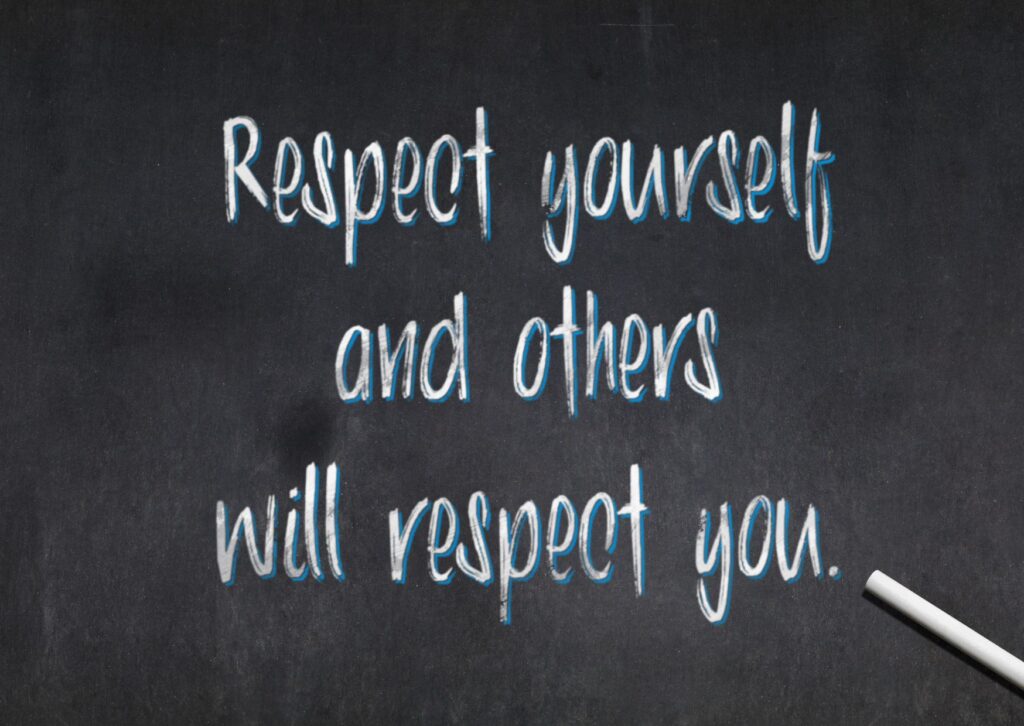
In closing, managing disrespectful employees can be challenging, but it’s a task that needs careful handling for the betterment of your entire team and organisation.
Fostering a respectful workplace isn’t just about disciplinary actions and rules, it’s about promoting understanding, empathy, and open communication.
It’s about valuing each employee’s contributions and ensuring they feel heard and appreciated.
So let’s aim to transform our workplaces into spaces where respect flourishes, productivity is enhanced, and everyone feels they belong.
We can make a difference, one respectful interaction at a time.
A happy workforce is a productive workforce!
At Loving Life, we offer a range of employee wellbeing services to help companies support the health and wellbeing of their staff.
For more info, get in touch!
Author
Tyler Lowe – Health & Wellbeing Speaker
BSc Sport & Exercise Rehabilitation


